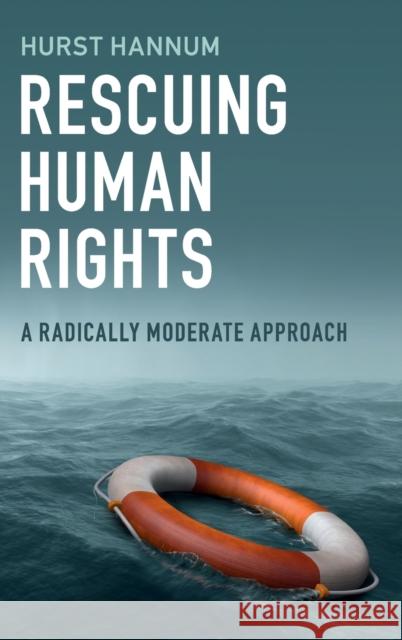Rescuing Human Rights: A Radically Moderate Approach » książka
topmenu
Rescuing Human Rights: A Radically Moderate Approach
ISBN-13: 9781108417488 / Angielski / Twarda / 2019 / 240 str.
Rescuing Human Rights: A Radically Moderate Approach
ISBN-13: 9781108417488 / Angielski / Twarda / 2019 / 240 str.
cena 465,65
(netto: 443,48 VAT: 5%)
Najniższa cena z 30 dni: 387,88
(netto: 443,48 VAT: 5%)
Najniższa cena z 30 dni: 387,88
Termin realizacji zamówienia:
ok. 16-18 dni roboczych.
ok. 16-18 dni roboczych.
Darmowa dostawa!
Focuses on understanding human rights as they really are and their proper role in international affairs.











